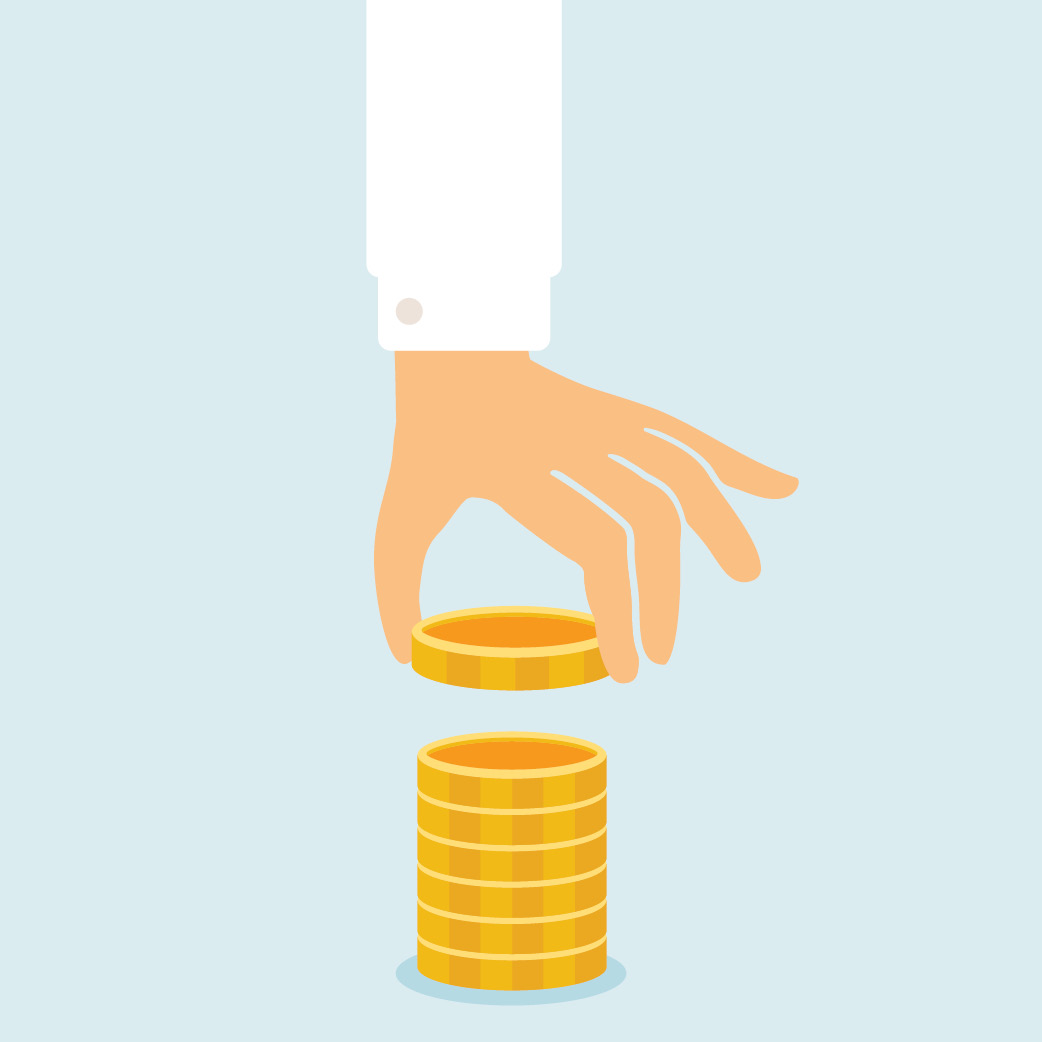There is no “perfect” time that works for everyone when it comes to getting a credit card for the first time. However, here are some steps that you can take to prepare yourself for this responsibility.
1. Set up the basics first: You should have your own checking and savings account to get used to balancing a checkbook and paying with a debit card before getting your first credit card.
It is also essential that you have a solid understanding of your own spending habits and attitudes about money, as credit card debt can quickly get out of hand if you’re not careful.
Once you feel comfortable independently managing the inflows and outflows of your checking and savings (without overdrafts), it is time to learn about the important features and benefits of building credit.
2. Understand the importance of credit: There are numerous benefits to having a good credit score, and the earlier you can start responsibly building credit the better.
A good credit score can help you borrow money when you need it, whether it is a mortgage for a home or loan for a car. Because your score reflects your credit history, it may be harder to get approval for certain credit cards at first as your score will be lower.
Luckily, there are cards specifically designed to help you build your score – secured credit cards and student credit cards are great ways to get started.
3. Remember to learn about the risks: After understanding the benefits of credit, it is important to recognize the risks. Acting responsibly and making on-time payments are crucial. If you do not pay on time and in full, you may be charged late fees and interest on the remaining balance at high rates.
In addition, your credit score will decrease. A bad credit score can prevent the bank from lending you money, or you may be charged a higher-than-average interest rate.
4. Consider the perks: Responsibly and regularly using your credit card can also come with significant benefits. Many credit cards have point systems that reward you with points for spending. These points can be redeemed for rewards like travel miles and cash back.
Beyond rewards, credit cards can also provide more security than debit cards by providing benefits like fraud, return, and travel protection. Oftentimes rewards credit cards require stronger credit scores, which highlights the importance of building a good score.
Once you understand the benefits and risks associated with a credit card, you will be ready to apply for your first one. Before applying, evaluate the different options, including annual fees and rewards. It is important to read the fine print about cashback offers and how points are accumulated and where they can be used.
High school can be a good time to get a credit card because your parents will be there to guide you, you will have a low credit limit, and you will be ready once it is time to go away to college. Even if you wait a few years, it is wise to establish a good credit score before graduating from college so that you will be ready when it is time to apply for a job or lease an apartment.
Using a credit card can also help you develop financial responsibility and independence. There are many benefits to building credit and learning good personal finance habits early on, but do not rush through the above steps. The burden of high-interest debt at a young age will outweigh the benefits.
To learn more about how to begin your personal finance journey, reach out to our Next Generation Experience team.



